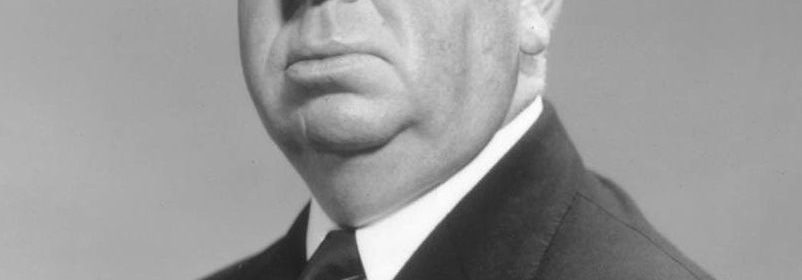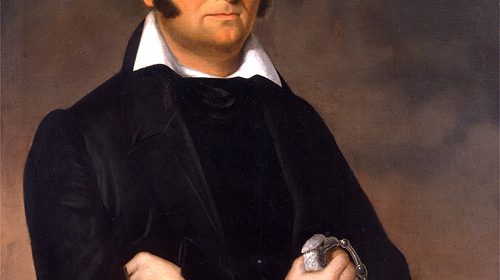Why White People are Sometimes Called “Caucasian”

Kathy B. asks: Why do we call white people Caucasian? Throughout history a variety of ways to scientifically classify different groups of humans have popped up, most notable to the story today being a system suggested by pioneering social scientist Johann Friedrich Blumenbach, often considered the “father of scientific anthropology.” Building upon other’s classification schemes, including Carl Linnaeus and Christoph […]
Read more
















